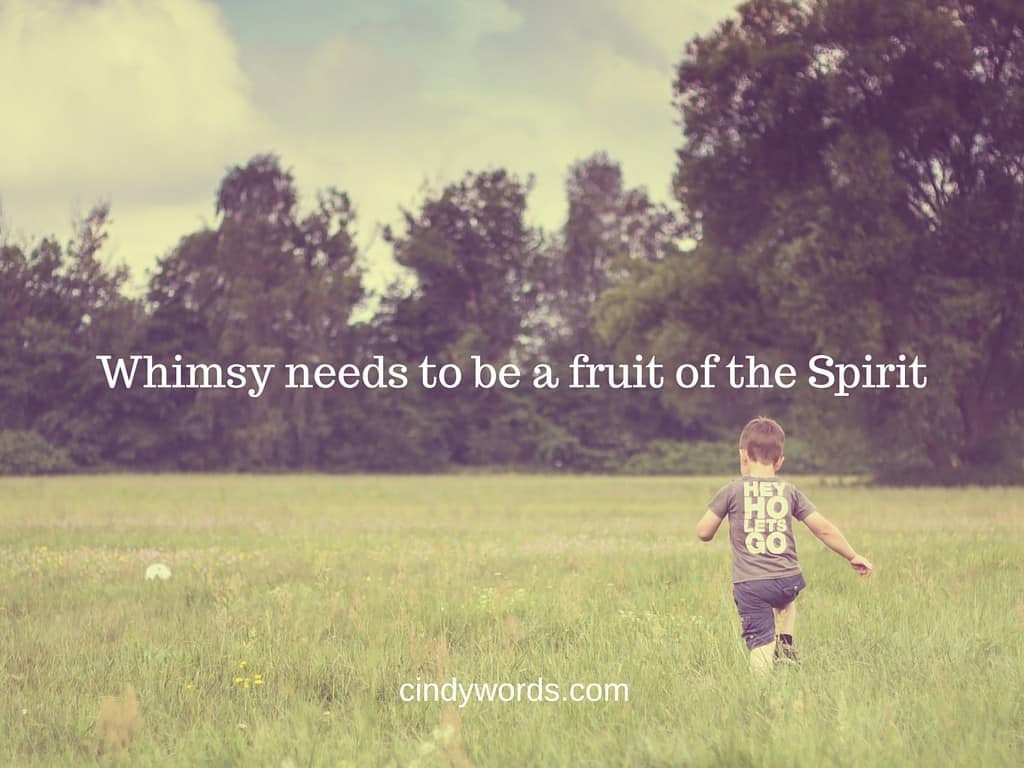
Fundamentalism is Boring
March 1, 2016
Let death be what takes us, not lack of imagination. ~ BJ Miller
As I continue to work on my Raising Children Unfundamentalist project, concocting antidotes for the toxicity of bad religion, among the most potent ingredients found in my brew is that of imagination.
I have decided that what makes fundamentalism so vile is not that it perpetuates bigotry and hate, or the way it lacks authenticity by covering life with a veneer of false piety, or even how it erects (white) man-made boundaries to determine who’s in and who’s out.
No, the most deadly sin fundamentalism commits lies in how incredibly boring it is.
Although I appreciate the sincerity of those who are so certain of their faith, there is something insidious in having relaxed into the comfort of doctrinal assurance—it is that they have issued a moratorium on their imagination.
Elizabeth Gilbert’s latest book, Big Magic, has taught me that creativity is a fleeting thing. It’s a fickle muse who requires nurturing and pampering. It demands diligence and effort to bring to fruition, and it never ever forces its way into doors that have been shut. It will never be an unwelcome visitor, only one who, when coaxed repeatedly, graces us with her presence.
I continue to be appallingly shocked at how the same, tired tropes continue to get shared in fundamentalism. Complementarianism, for instance, gets new spokespeople for each generation, trended on hip new websites, and yet survives on the same, dull, arguments. The horse is dead but poor thing can’t rest from being continuously trampled upon. Its toxicity is aggravating but mostly, it is offensively uninteresting.
And even though I don’t want to diminish the immense harm fundamentalist teachings inflicts on its individual victims, it is the overall culture in which imagination has been sucked dry to the bone that truly terrifies me. Because its people, its families, and its children are being trained a series of systematic teaching on how exactly to shut that door on the muse. I fear for those of us who for a lifetime have been conditioned to reject inspiration has a dreadful uphill climb ahead of us to rediscover our imagination.
I used to think that the importance of exercising our creativity and imagination is so that we can creatively and imaginatively subvert the evil systems of our world. I thought we needed new and fresh angles to tackle stale systems. Our priority must be to let our children engage in imaginative play so that they grow into adults with prophetic imagination to find creative solutions and make a difference in our future world.

I had been mulling over this and writing furiously in my manuscript, steeped in my idealism and vision casting, when I needed to rest my brain and join my family for dinner. I sat down at the table and my teenage daughter cracks this witty joke and I double over, cracking the heck up.
And then there’s the other day when a few friends gathered in our living room where we discussed intensely and deeply about theology and the direction our world is going, when our friends’ two year old wandered in and cut through the thick tension with no regard for socially acceptable volume. “Wha you guys talkin’ about?” his small voice boomed. Once again I was falling over in my chair from unadulterated joy in this kid. Without a doubt, it was the most sacred moment of our reverent meeting.
It dawned on me that the snarky wit of a teenager and the holy curiosity of a toddler isn’t a means to an end. Imaginative living isn’t training so that we can fit into the world’s systems with a slight edge. It is, in of itself, a disruption of the status quo. The children are already practicing the vibrant life of resurrection resistance. Perhaps this is why fundamentalism is so harsh on disciplining (controlling) children, they fear acts of imagination.
I think whimsy needs to be a fruit of the Spirit–right up there with love, joy, and peace, because whimsy brings delight. It brings surprising joy and unexpected hope. It challenges social norms and defies traditions. It jolts us out of our static existence, busts into a room full of people weighed down by the heaviness of life, and says, “hey guys, look at me, I’ve got questions.” It changes us—intrudes our lives with possibilities when we thought we’ve exhausted all options.
Those of us who grew up with fundamentalist influences are at a severe disadvantage, having spent years keeping the creative muse at bay. We were taught to think inside the box and to give pat answers to those who ask. We were told we have been set free but only within the boundaries. I’m afraid the spirit of whimsy has been chased away so many times she may have hidden from us forever.
If this is true for you, make haste and find the nearest toddler. He will teach us how to invite whimsy back into our lives. God knows we need it. Perhaps this is why God bestowed with such extraordinary abundance, the spirit of whimsy to the smallest ones among us.

